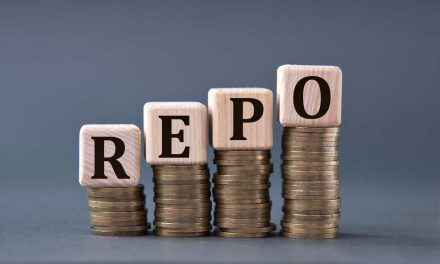
DBN appoints CEO
Martin Inkumbi has been confirmed as the substantive CEO of the Development Bank of Namibia after acting in that capacity for the past eight months.
DBN Chairperson Elize Angula confirmed the appointment of 41-year old Inkumbi at a hastily convened media briefing on Thursday afternoon. She said DBN requires young, innovative, energetic minds, and that Martin Inkumbi epitomises these qualities.
Inkumbi emerged as the favourite for the vacant CEO position after impressing a seven-member independent selection panel chaired by Statistician General Dr John Steytler beating two other shortlisted candidates that included DBN’s Chief Financial Officer Renier van Rooyen.
The CEO position was left vacant after former CEO David Nuyoma left the bank to become CEO of the country’s biggest pension fund GIPF at the beginning of this year.
After a five month delay, the DBN Board finally advertised the post at the end of May until 12 June. Angula acknowledged the delays, but said the process to find a substantive CEO was, however, expedited to ensure stability at the bank.
Inkumbi, who is a holder of B.Comm Degree from the University of Cape Town where he majored in Economics, Management Accounting and Finance, previously held the positions of Portfolio Manager and Head of Lending at the bank before his latest appointment. He is also a holder of a Post-Graduate Diploma in Finance and Banking from the University of KwaZulu Natal and an M.Sc in Financial Economics from the University of London.
In his first interview as CEO, Inkumbi told the Economist that his mandate would be to move DBN to a level where the bank has capacity to deal with large complex business projects.
He said: “We have done more or less the usual lending to Small to Medium Enterprises, but now we would like to build capacity to be able to fund complex project so that we can be considered the development bank of choice when entrepreneurs are embarking on large development projects that can move the country to the next development stage.”
The new CEO said “block by block” his bank is going to build a sound financial institution which is key in attracting private capital in the event that public resources were no longer available to fund the operations of the bank.
“If you have a very strong balance sheet, investors will have confidence in placing money whether as wholesale deposits or investing in instruments issued by the bank or even taking up shares in the bank, and with those resources we would then be able to invest in projects in the country. So financial sustainability is very important for the bank because it would allow us to mobilise financial resources for further development. “What that actually entails is prudent lending and credit risk management of the bank. It means we must only invest in business activities and projects that are financially sustainable and only then will that translate into the sustainability of DBN,” Inkumbi said.












































